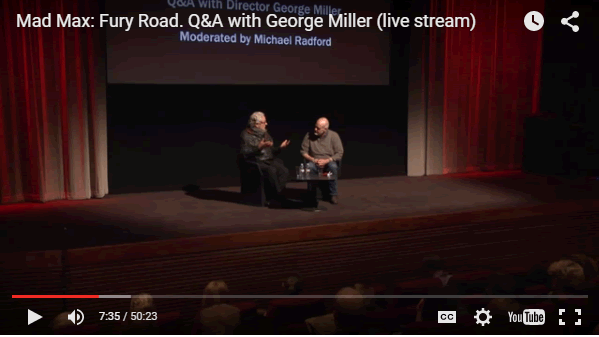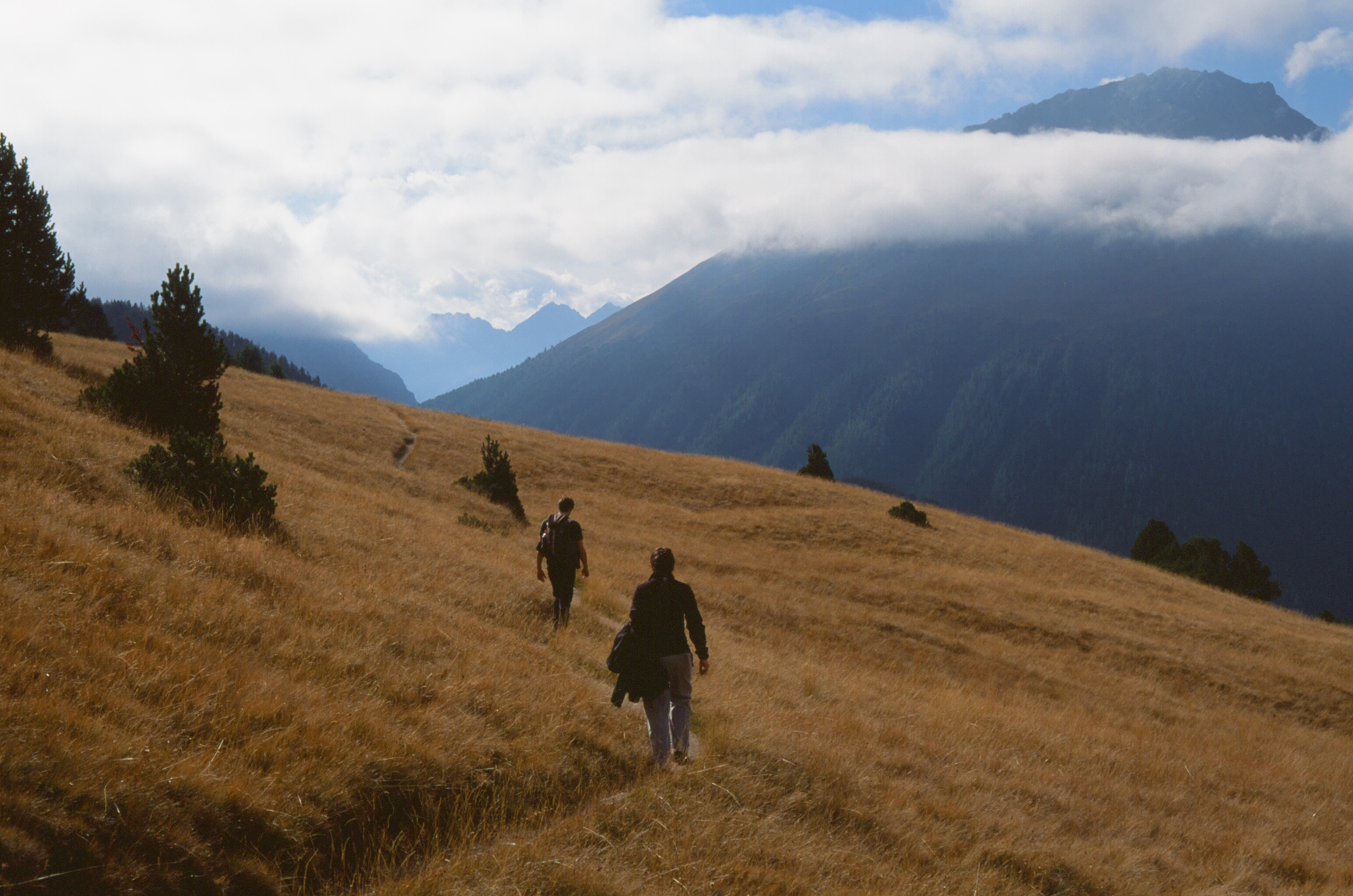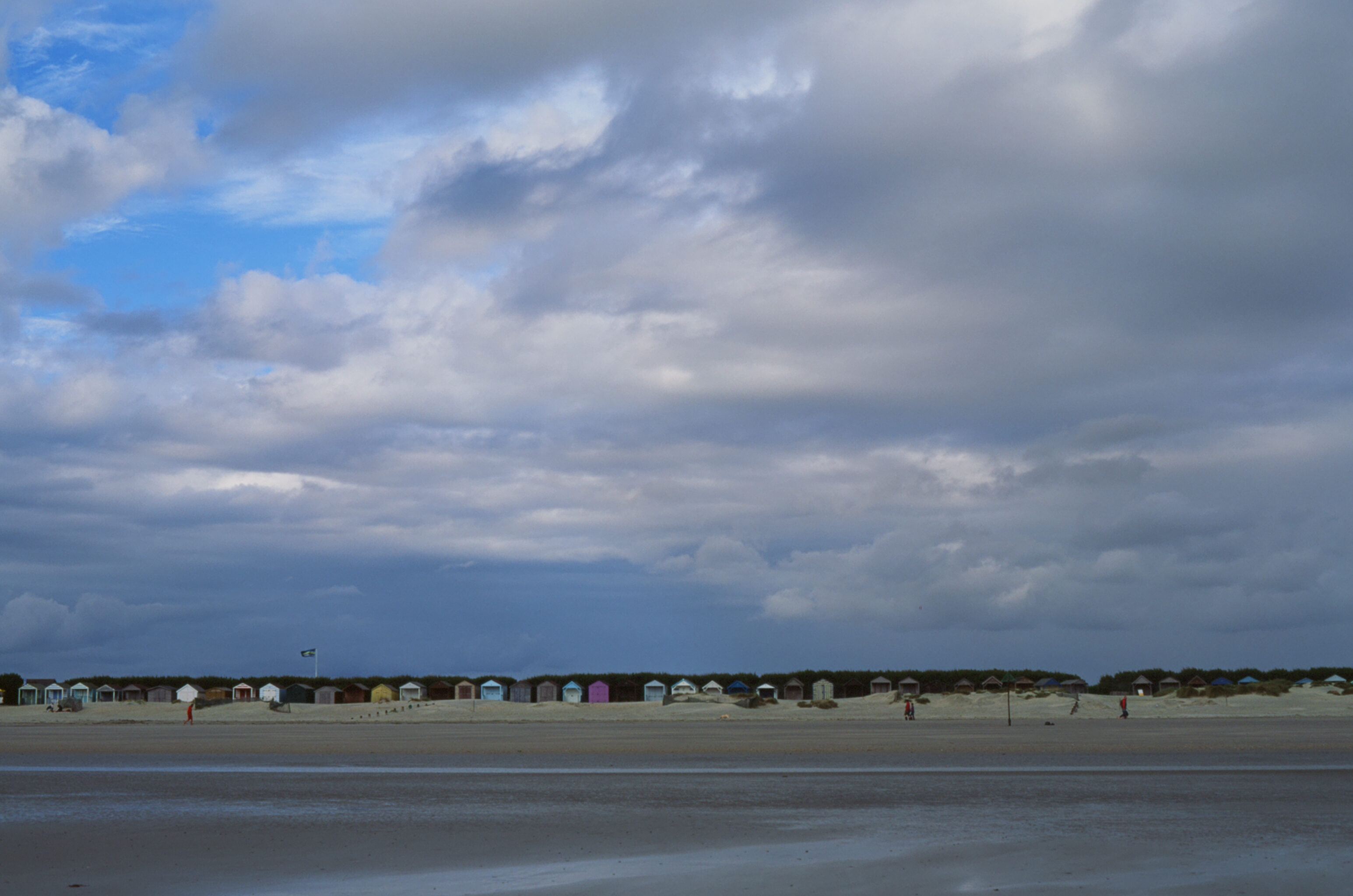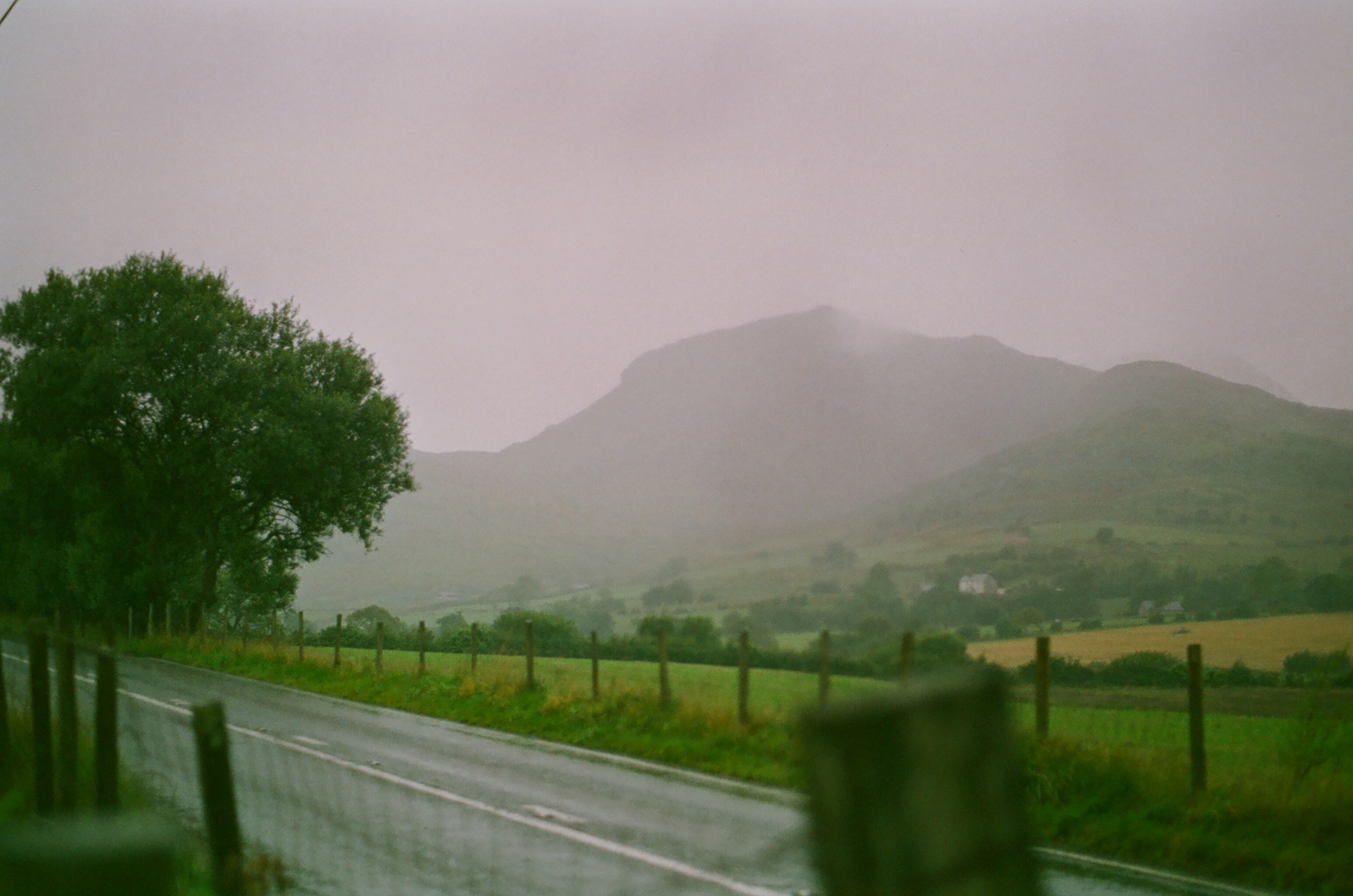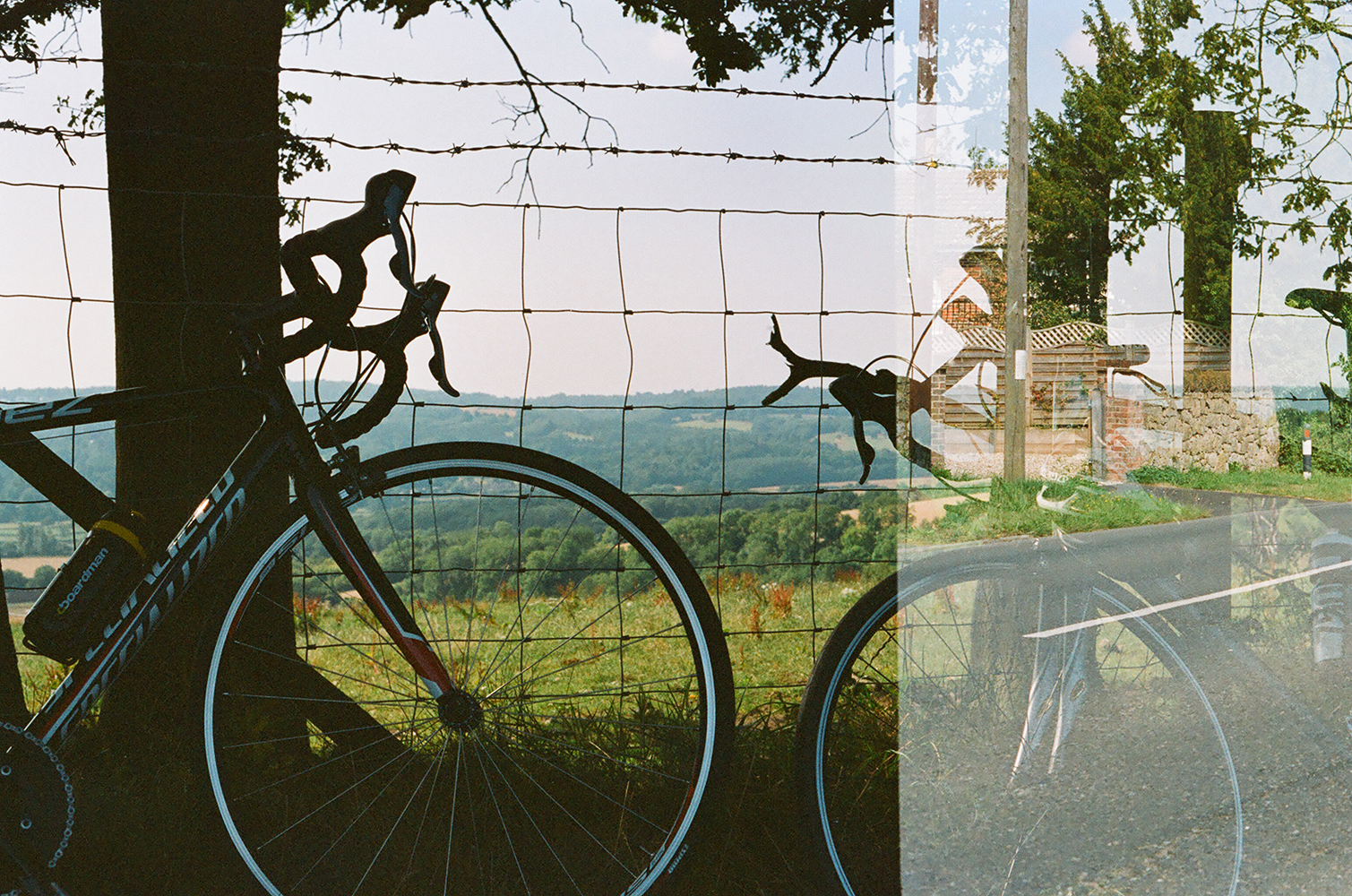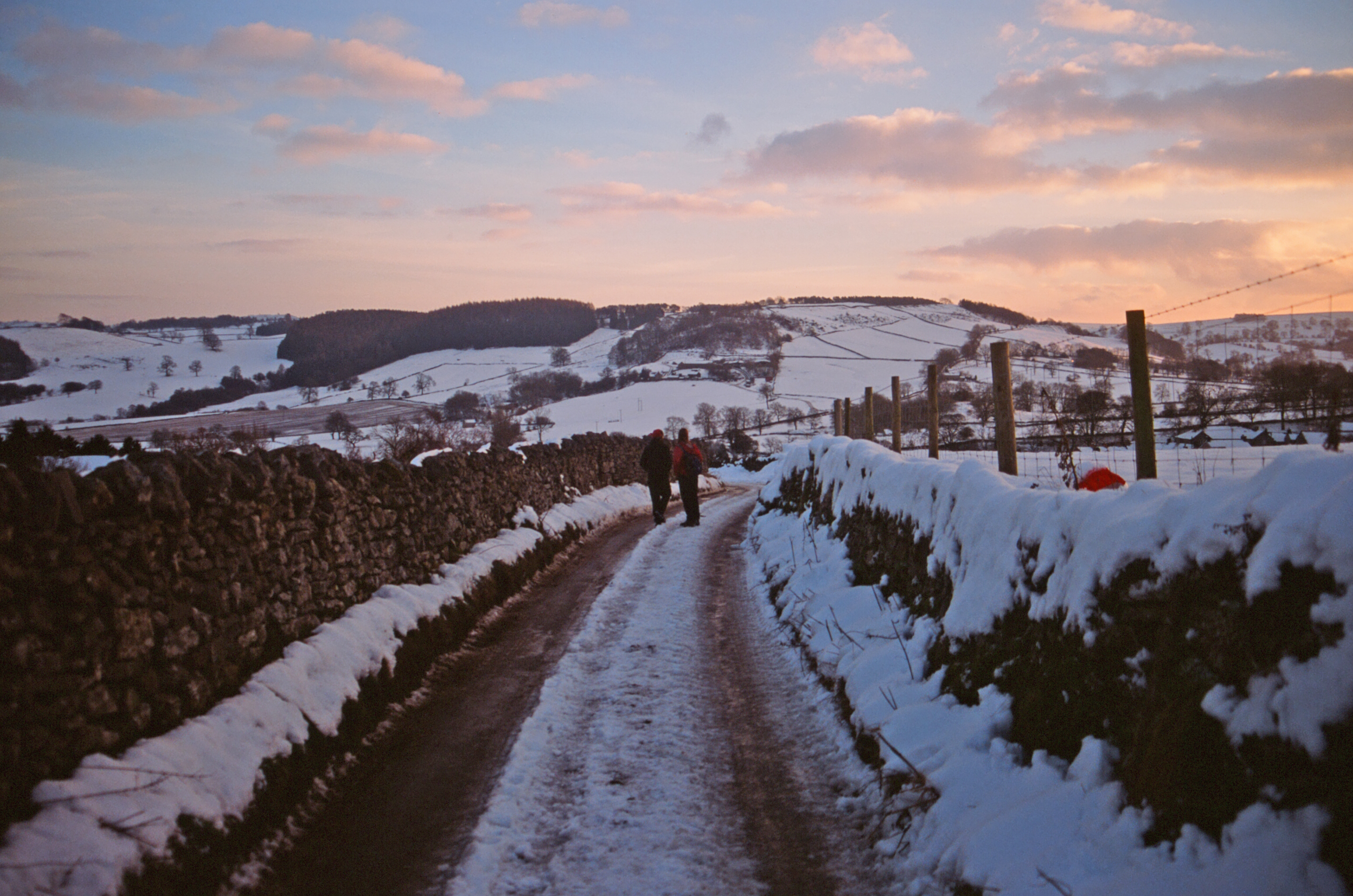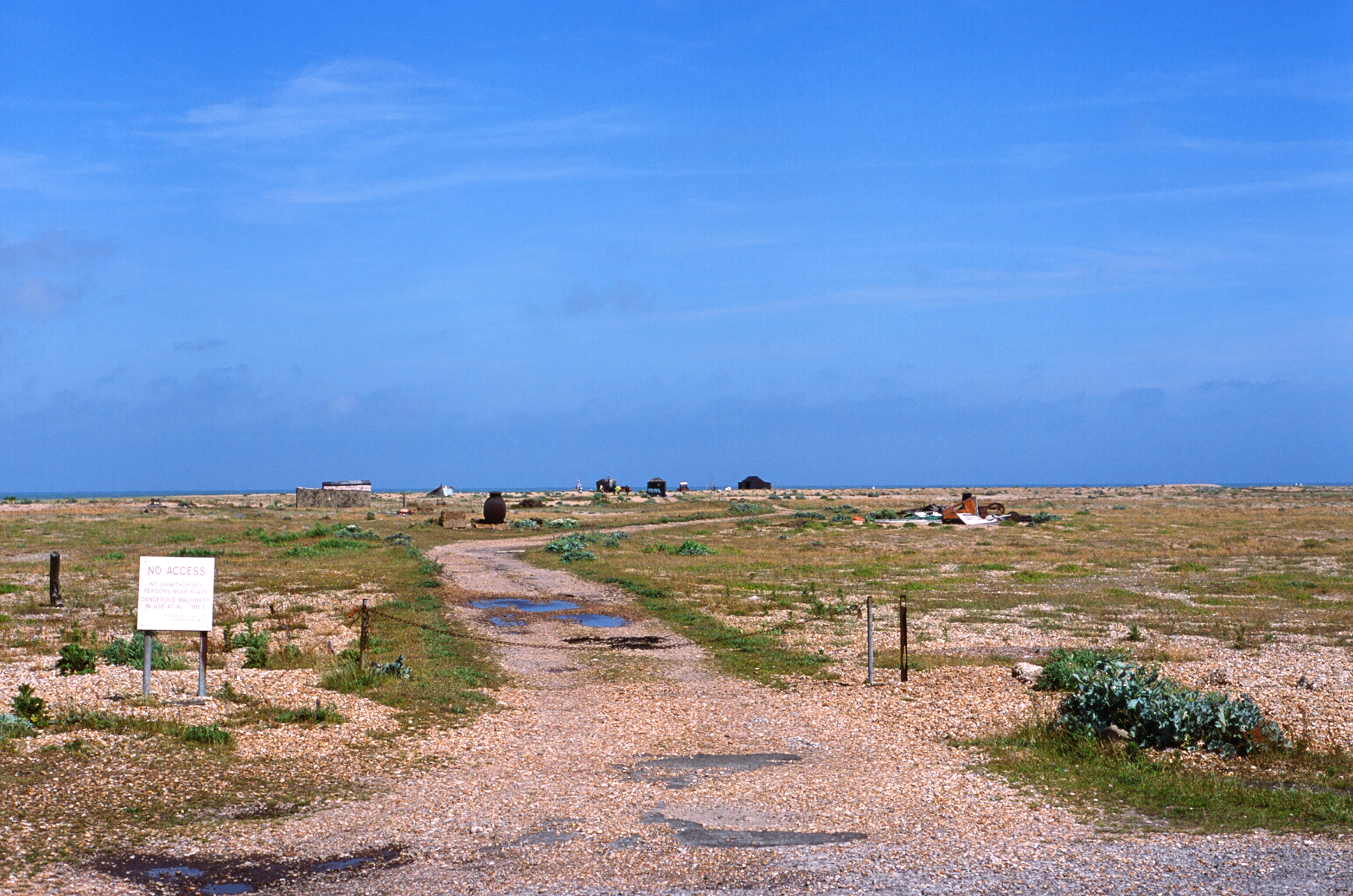20th July 2017 – on a train from Birmingham to London
I finally got around to reading Murakami’s ‘What I Talk About When I Talk About Running’ this week (whilst on another train to and from Leeds), it’s a really great read, an interesting insight into the man and also articulated a lot of the things I think and feel about running (it was also interesting just how much I didn’t really recognise around his motivations and frustrations, but he is in his 60s, and Japanese, and a different person, so maybe that is to be expected, afterall being ‘a runner’ is not a consistent, universal state of being).
Reading that book also made me think about how I feel about running, and writing. I’ve tried to write about running a bit in the past – some pieces have been more successful than others (this one tries and partly fails to capture a transcendental run I went on in Switzerland in 2012). But I liked the idea of a running-focused diary of sorts, so I’m going to try and do a bit of that. To what end I don’t really know but I think I’m someone who realises what they think and feel about something by talking or writing about it so, if nothing else, it’ll help me work out what my opinions are.
It also made me realise that, more than anything else, I define myself as ‘a runner’. I’m not a husband, or a father, or any of the things that people seem to define themselves as. But I am, most definitely (in my own head at least) a runner. Maybe this desire self-definition is a modern thing, the natural result of a thousand different channels all asking you to summarise yourself in a 100-word bio.
Anyway, last night when I got home from Leeds I went for a run with my brother. We’re both training for a marathon later in the year (the same marathon) but we do a lot of running together, running is the strongest thing we have in common. We own a flat together so we live together, but often the only real time we spend in each other’s company, is on a run. And it’s nice, it’s uncomplicated, we go out for a run, we chat a bit, but mostly we just run.
We’ve run lots of races together, in lots of different countries. It’s a weird unspoken thing that we never really seem to question too much, we both run – a lot – we are runners, it is something we are both serious about, but not obsessive over. I couldn’t tell you why he runs, and I doubt he has much to say about my motivations. But I know he loves running as much as I do. So it’s nice that we’re once again training to run the same marathon (we’ve run marathons together in Edinburgh, Copenhagen, Berlin, we also went running in the French Alps last year) in York later this year.
Over these longer distances he is better than me, there’s no getting around that fact. I’m not a particularly competitive person but when it comes to running it’s difficult to say that’s still the case. But my brother, over anything longer than a half marathon, is quicker than me. His body just seems to work that way, he starts and can hold a pace for far longer than I can. He has run a few ultra marathons (distances over the 26.2 miles of a ‘traditional’ marathon) and this week finally convinced me to do one, so next January we will be running 48 miles from somewhere in Suffolk to the coast in Norfolk. I fully expect it to be very very difficult. But when I first started running I never imagined that I’d be able to run a marathon, and now I’ve run 5…I think, I can’t quite remember: London, Edinburgh, Chester, Copenhagen, Berlin. Plus some longer things like the time I ran from Salisbury to Southampton carrying a film canister in the cultural olympiad. So really it’s just a case of putting in the training and your body will probably be fine.
One of the great things about running a lot, in fact doing any endurance exercise that pushes you (I’ve also done some longer distance cycling like riding from John O’Groats to Lands End and cycling across Wales) is you discover a lot about your body and what it’s capable of. These adventures also teach you a lot about who you are, what you’ll tolerate, what your motivations are. I’ve learnt that my body is pretty resilient if I do something approaching the right training and I can be surprisingly bloody-minded – I never used to think of myself as particularly gritty but I’ve put myself in enough difficult situations to know that I will see something through to the bitter end if I can, no matter how much I might not be enjoying it at the time. I suspect the ultra marathon will be one of those times, horrible at the time but a good story to tell once you’ve finished it.

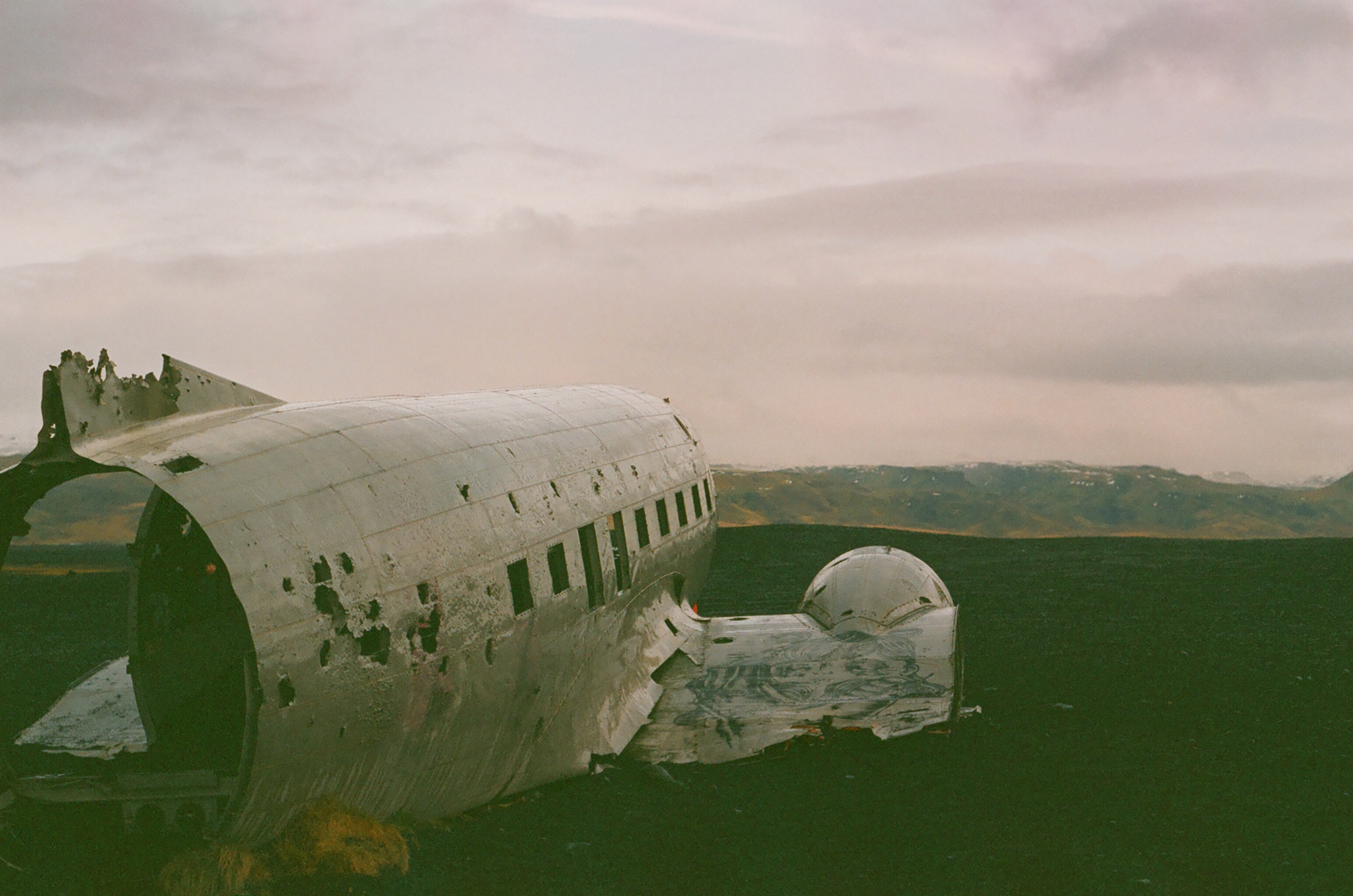
 The West Pier looking skeletal, the mist made everything look pretty incredible as well.
The West Pier looking skeletal, the mist made everything look pretty incredible as well.